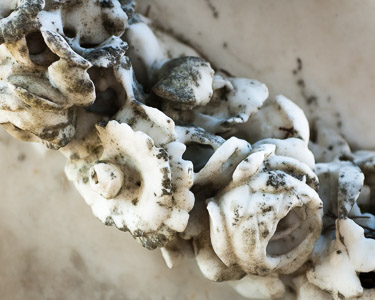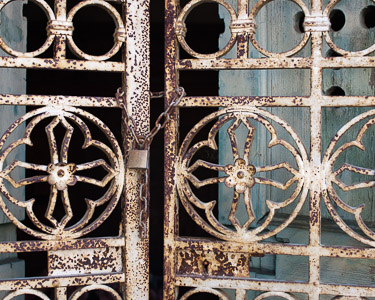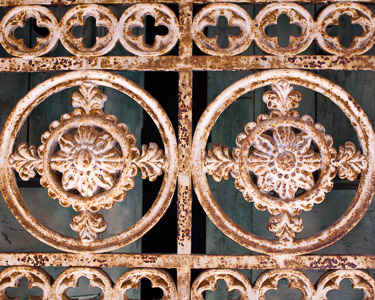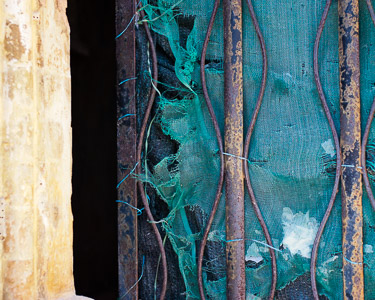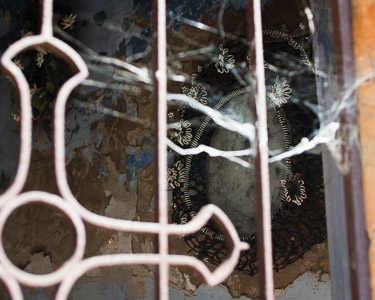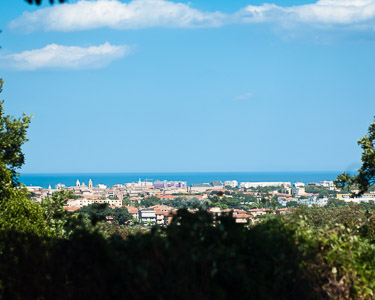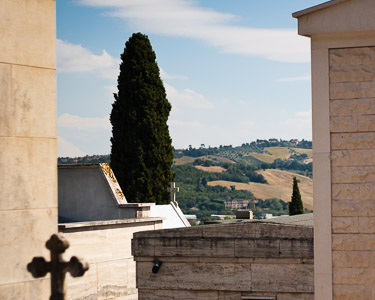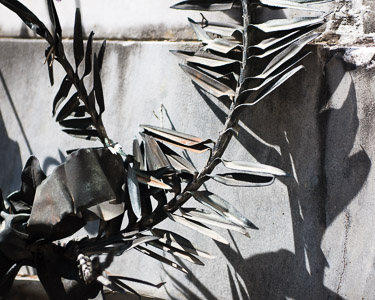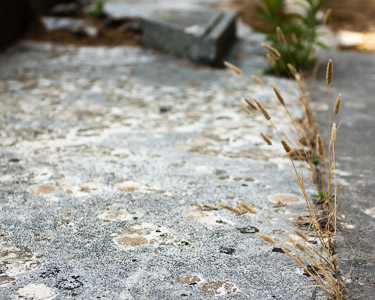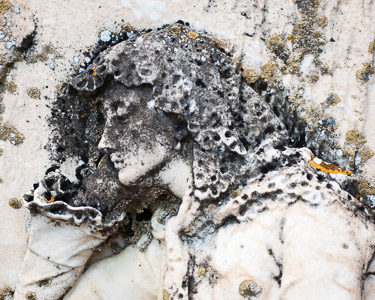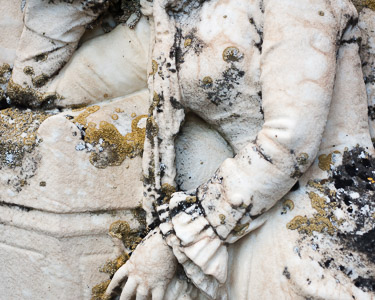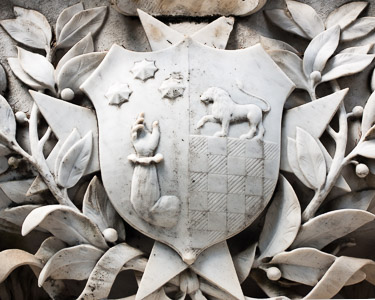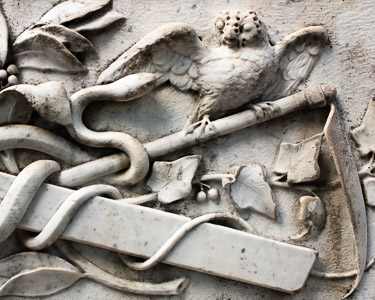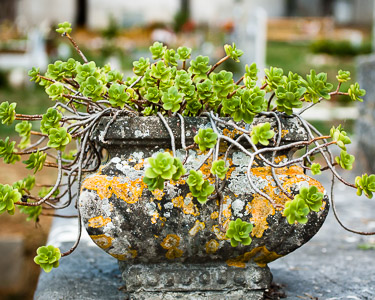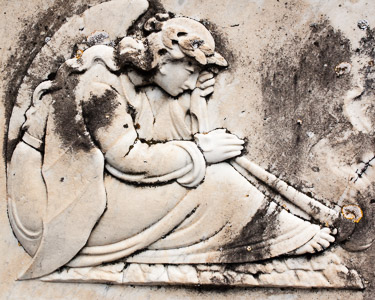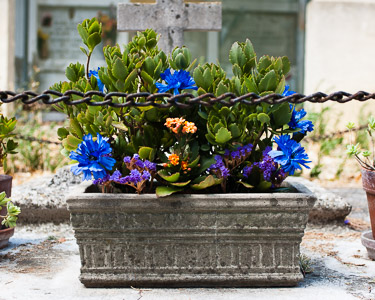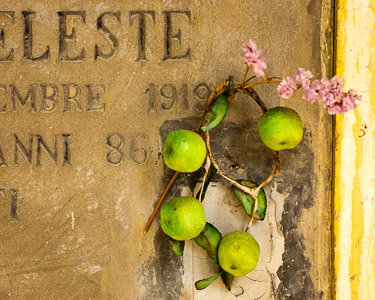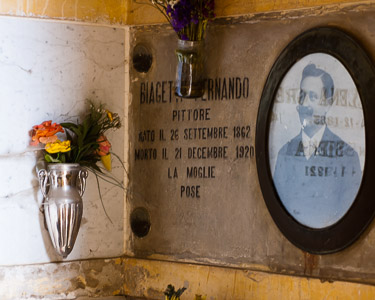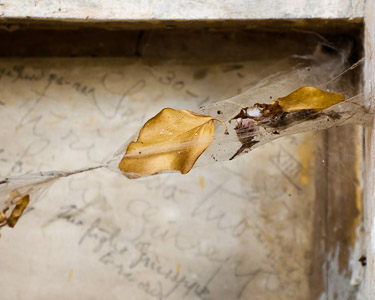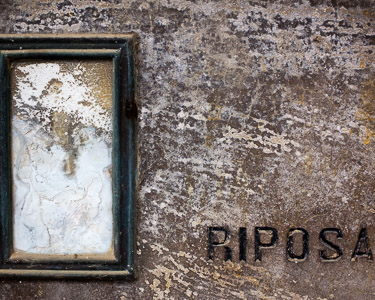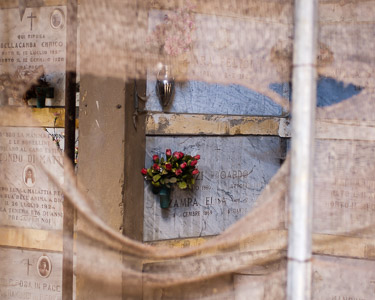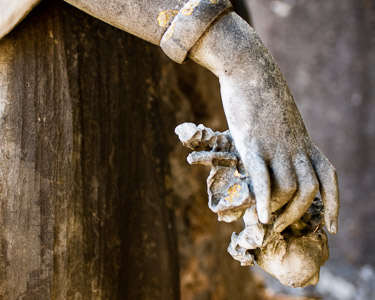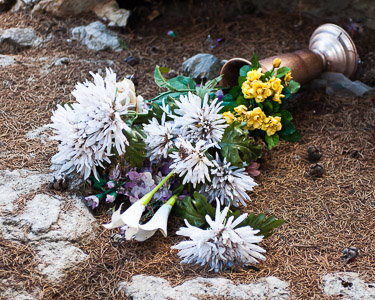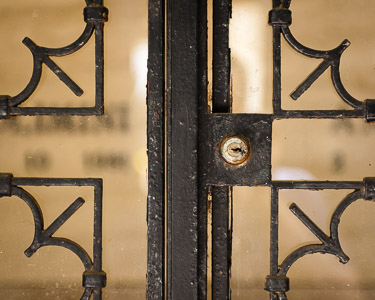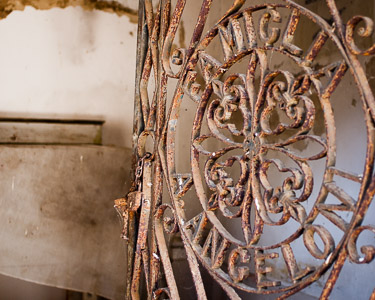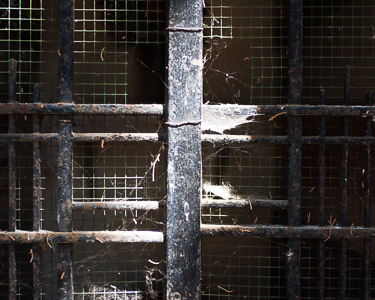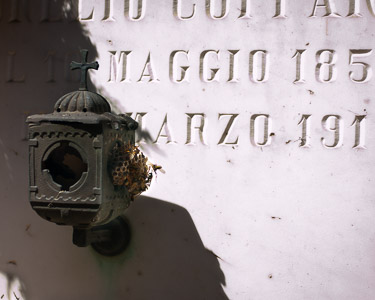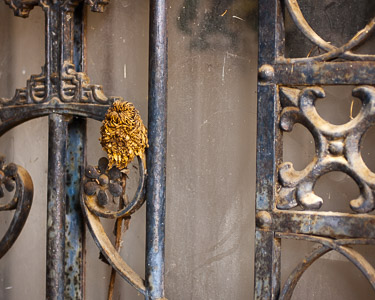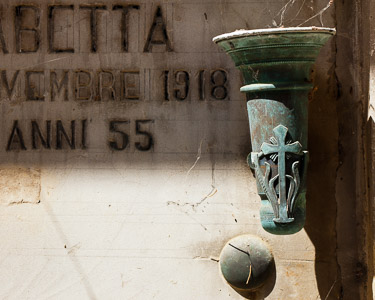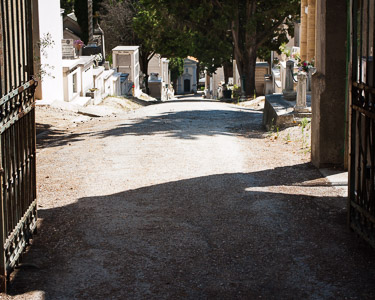Senigallia cemetery is a monumental cemetery that dates back to the second half of the 19th century. It covers the slopes of one of the hills that surround the town and walking trough its rows is of visual and historic interest.
Imagine for a moment that you are on vacation in Senigallia. Leave for a few hours the crowded beach and drive your car to the hills that surround Senigallia, directed to the town of Corinaldo. After a very few miles turn right, leaving the main road, and reach the top of a small hill. You will see a little square with a lawn surrounded by trees and an ancient church: that is Santa Maria delle Grazie. Leave your car and go toward the church. On the left you will see a simple gate: it will be open. Walk past the gate and follow the road around the church. You are walking in a little wood called Selva delle Grazie. After nearly fifty meters you will walk past another gate: now you are in the Senigallia cemetery. Senigallia cemetery is an example of 19th century monumental cemetery such as those of Milan, Turin, Naples. It is less rich and more chaotic than those cemeteries, but interesting nonetheless, if you consider its troubled history and the meager means that a small town like Senigallia had to build it. The cemetery covers the whole hill beneath you, but the actual size is hidden behind trees and tombs. You will see the oldest part of the cemetery, with terraces on the hillside slopes divided by a grid of small roads. The original layout was of rectangular fields with graves at the center and monumental tombs on the borders. As times went by, lack of burial space forced to fill the fields with individual or family tombs. Moreover some of the older tombs were demolished and rebuilt. So you will see ancient and modern tombs mixed together. If you come here in the early morning or at noon, you will probably be the only visitor. Take your time, wander through its rows walking slowly and looking at the details. You will discover its visual interest, its historic interest, its human interest.
I myself wandered through the old part of the Senigallia cemetery in a hot summer day. The photos in this book gives a glimpse of what I saw and of what you could see. The themes in which I divided the photos are a suggestion for you to start your exploration. They certainly don’t exhaust the visual opportunities of the cemetery.
- Colombarium: a columbarium is a place for the respectful and usually public storage of cinerary urns (i.e. urns holding a deceased’s cremated remains). The term comes from the Latin columba (dove) and originally referred to compartmentalized housing for doves and pigeons. The colombarium located in this part of the cemetery dates back to the the first years of the 20th century, and it shows. The conditions are poor and many niches are no more maintained. But you will find images that takes you back to another era and some clues that somebody still care about these old tombs.
- Mausoleums: mausoleums act as both monument and place of interment, usually for well-off families. I was fascinated by their gates, especially by those of the oldest mausoleums: their forms, their styles, their conditions.
- Flowers and Plants: flowers and plants are used to grace the tomb and honor the loved ones. But sometimes they are forgotten and parched by the time and by the heat.
- Decorations: simple as a crying woman. Complex and with many symbols. One of the most interesting aspects of Senigallia cemetery.

